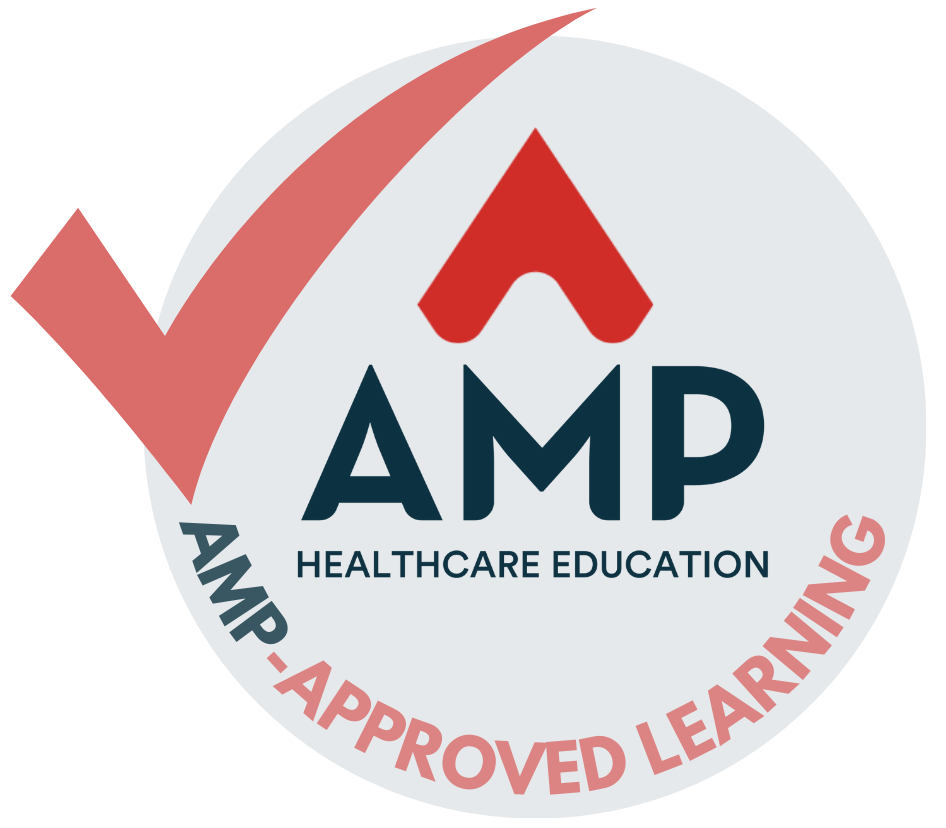Back Pain with Professor Peter O'Sullivan
Back pain is the leading cause of disability, driven by a complex interplay of biological, psychological, and social factors. This course introduces Cognitive Functional Therapy (CFT)—a person-centered, behavioral approach designed to help clinicians identify and target unhelpful beliefs, emotions, and movement patterns that drive pain and disability.
Led by internationally renowned expert Professor Peter O’Sullivan, this course will equip healthcare professionals with practical skills to assess and manage persistent low back pain using evidence-based strategies.
Led by internationally renowned expert Professor Peter O’Sullivan, this course will equip healthcare professionals with practical skills to assess and manage persistent low back pain using evidence-based strategies.
Course Details
During this two-day workshop, Peter will take you on a journey with real patients sharing their own path to recovery. You will visit the following destinations (areas you will understand better):
- A contemporary approach to efficient physical examination (including the application of behavioural experiments)
- Clinical reasoning framework
- Cognitive Functional Therapy intervention
- Making sense of pain – person centred understanding of pain and myth busting
- Exposure with control – building confidence in movement
- Lifestyle changes – healthy lifestyle
- Coaching towards self-management including how to manage flareups
- The current evidence for CFT and current and future challenges
- And so much more...
Accredited Coaching Courses with Hélène Thériault
Earn Continuing Coach Education Credits
Learn practical coaching tools you can apply immediately in healthcare and leadership settings. These courses will help you:
Prevent burnout and build lasting resilience
Set goals your clients are truly motivated to achieve
Navigate difficult conversations around perception — including attitude, fear of re-injury, low mood, and more
🗣️ Empowering Conversations (1.5 hours)
Discover how core coaching skills compare to Motivational Interviewing (MI) and gain clarity on when to use a Coach Approach versus MI alone.
🎓 Coaching & Motivational Interviewing
(Dive Into a Coach Approach® 1.0 – 12 hours, self-paced)
Master the fundamentals of coaching conversations with patients and build a full toolkit to integrate a Coach Approach into your clinical or leadership practice.
Cassi Starc OT at You Flourish
Cassi Starc is an Occupational Therapist and trauma-informed teacher of yoga and meditation based in Victoria, BC. She is passionate about helping people not only reduce symptoms, but also build the life they want to live. Cassi brings a unique blend of clinical expertise and lived experience with chronic health conditions, offering care that is both evidence-based and deeply compassionate.
Alongside her clinical work, Cassi has spent years teaching mindfulness in healthcare and community settings, and developing education programs for healthcare providers. Her newest offering—the Trauma-Informed Practice course for rehab professionals—brings together her expertise in occupational therapy, mental health, and mind-body approaches.
Alongside her clinical work, Cassi has spent years teaching mindfulness in healthcare and community settings, and developing education programs for healthcare providers. Her newest offering—the Trauma-Informed Practice course for rehab professionals—brings together her expertise in occupational therapy, mental health, and mind-body approaches.
Designed specifically for physiotherapists, OTs, and other rehab providers, this course focuses on practical, applied strategies you can use in real-world practice: recognizing trauma responses, building safety and trust, and supporting clients without burning out yourself. Cassi’s teaching style emphasizes hands-on tools and actionable steps, helping clinicians leave with confidence to integrate trauma-informed care into everyday sessions.
Course Details
Supporting clients with trauma can be challenging. You may feel unsure how to respond when someone shares a traumatic experience, worried about re-traumatizing them, or uncertain how to handle trauma symptoms that surface in your sessions.
Many clinicians also feel helpless when trauma co-exists with other conditions—or drained by the emotional weight of holding space for difficult stories.
This course is designed to change that. You’ll gain practical, evidence-informed tools and frameworks to:
Many clinicians also feel helpless when trauma co-exists with other conditions—or drained by the emotional weight of holding space for difficult stories.
This course is designed to change that. You’ll gain practical, evidence-informed tools and frameworks to:
- Recognize trauma responses in your clients
- Respond with confidence and compassion
- Avoid unintentional harm or re-traumatization
- Support clients with co-morbid trauma diagnoses
- Protect your own wellbeing with a clear self-care plan
Reconciling Pain Science and Biomechanics with
Greg Lehman
Reconciling Biomechanics with Pain Science is a two-day course that mixes a lecture, case study and hands-on learning format. This course has been taught throughout the world with the aim of simplifying the biomechanical approach to injury and pain management. A simplified, yet strongly evidenced based biomechanical approach, allows the therapist to develop skills that address all areas of the biopsychosocial contributors to the pain experience.
Course Details
This course teaches When Biomechanics Matters along with Therapeutic Neuroscience Education in a Biopsychosocial framework.
Objectives
Objectives
- Provide a framework to simplify and improve the role of biomechanics and therapeutic neuroscience in the treatment of pain and injury
- demonstrate how biomechanical treatments and explanations can address the multidimensional nature of pain
- Provide exercise prescription that is informed by biomechanics and therapeutic neuroscience
- Learn to different methods of applying therapeutic neuroscience to a traditional biomedically based practice
- Learn the practical applications of the best research on tendon pathology, symptom modification and graded motor exposure.

